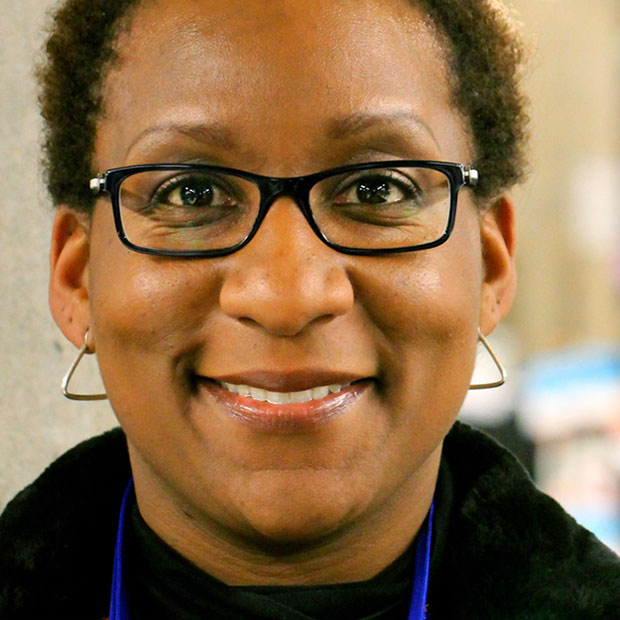Your Healthy Vision Timeline: Ages 40–60
Our goal is to help patients see their very best—at every stage in life. This is the third post in our four-part series on age-specific eye health concerns.

Today, 40 may be “the new 20” when it comes to pop culture and lifestyle, but the anatomical fact remains that 40-year-old eyes are changing. Middle age is often the time when many people start noticing these changes in their vision.
Don’t Be Surprised If You Need Reading Glasses!
It’s very common for people in their late 30s and early 40s to start experiencing something called “presbyopia” (farsightedness) due to muscle weakness and loss of elasticity in the eye’s crystalline lens. Presbyopia makes it harder to focus on things at close range and reading glasses usually solve the problem; however, it is important to meet with us to determine exactly what changes your eyes are experiencing and to discuss the best treatment options.
Early Detection Of Systemic Health Problems
If you suffer from any systemic health problems, such as high blood pressure or diabetes, it is especially important to be aware of how these conditions can potentially lead to vision loss. Maintaining regular eye exam visits yearly helps manage your eye health.
In addition, regular appointments can help us identify these systemic problems early. With our unique view into your eyes, we can spot early changes in your body characteristic of problems like diabetes and hypertension. Learn more about how:
[iframe http://www.youtube.com/embed/sE3uhuXEL_Y?rel=0 620 349]
Dry Eye Is More Common As We Age
If you’re over 40, do you find yourself suffering from dry, itchy, and scratchy eyes more often? Dry eye can be caused by aging and is especially common in women after menopause. Many medications have dry eye side effects as well. In severe cases, prescription drops are helpful.
Everyone Should Have An Eye Exam At Age 40
We urge everyone to schedule an eye exam at age 40. However healthy you may seem or as acute as your eyesight is, a comprehensive screening is the best way to guard against possible encroaching eye diseases.
Share this recommendation with your friends, coworkers, neighbors and extended family members! Contact us if you have any questions about reading glasses or if you are due for an annual exam.
Top image by Flickr user Daniel X. O’Neil used under Creative Commons Attribution-Sharealike 4.0 license. Image cropped and modified from original.

